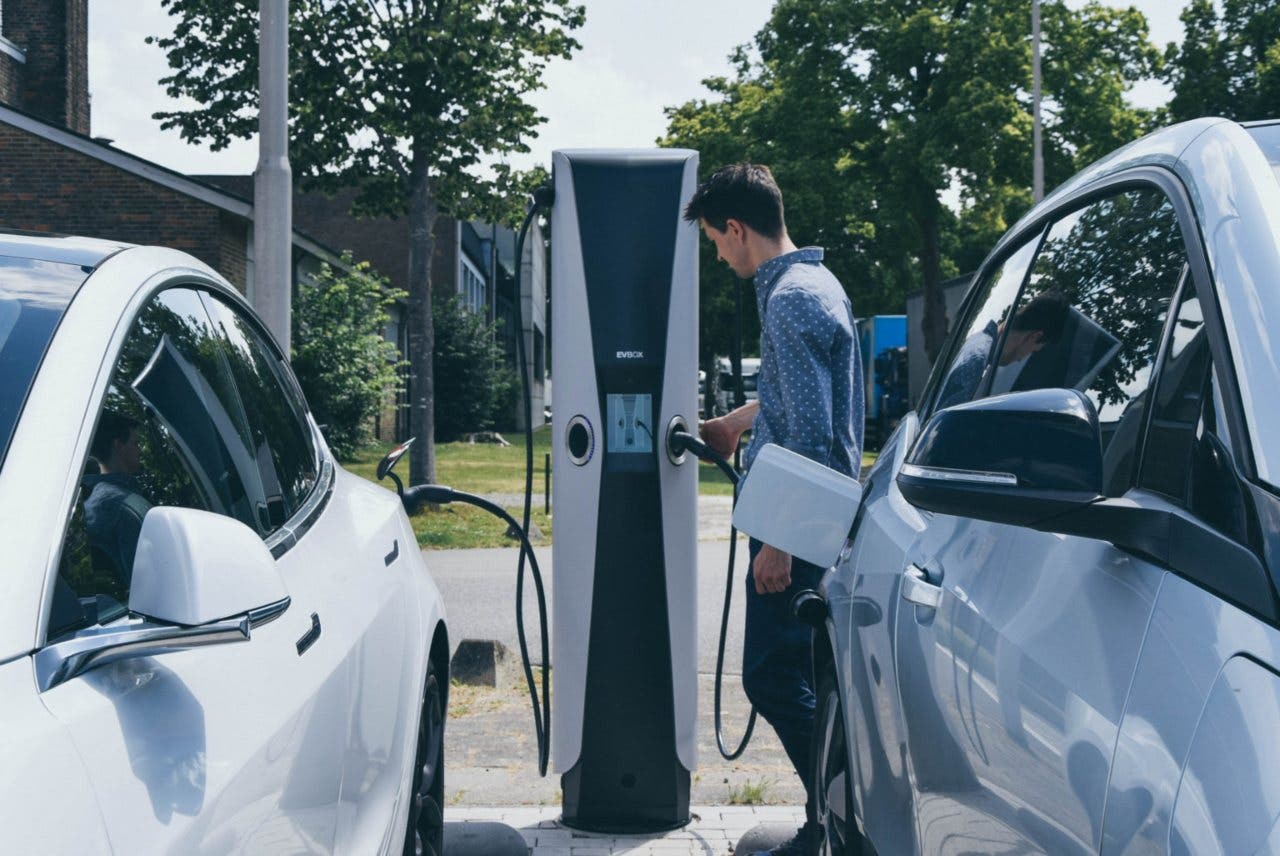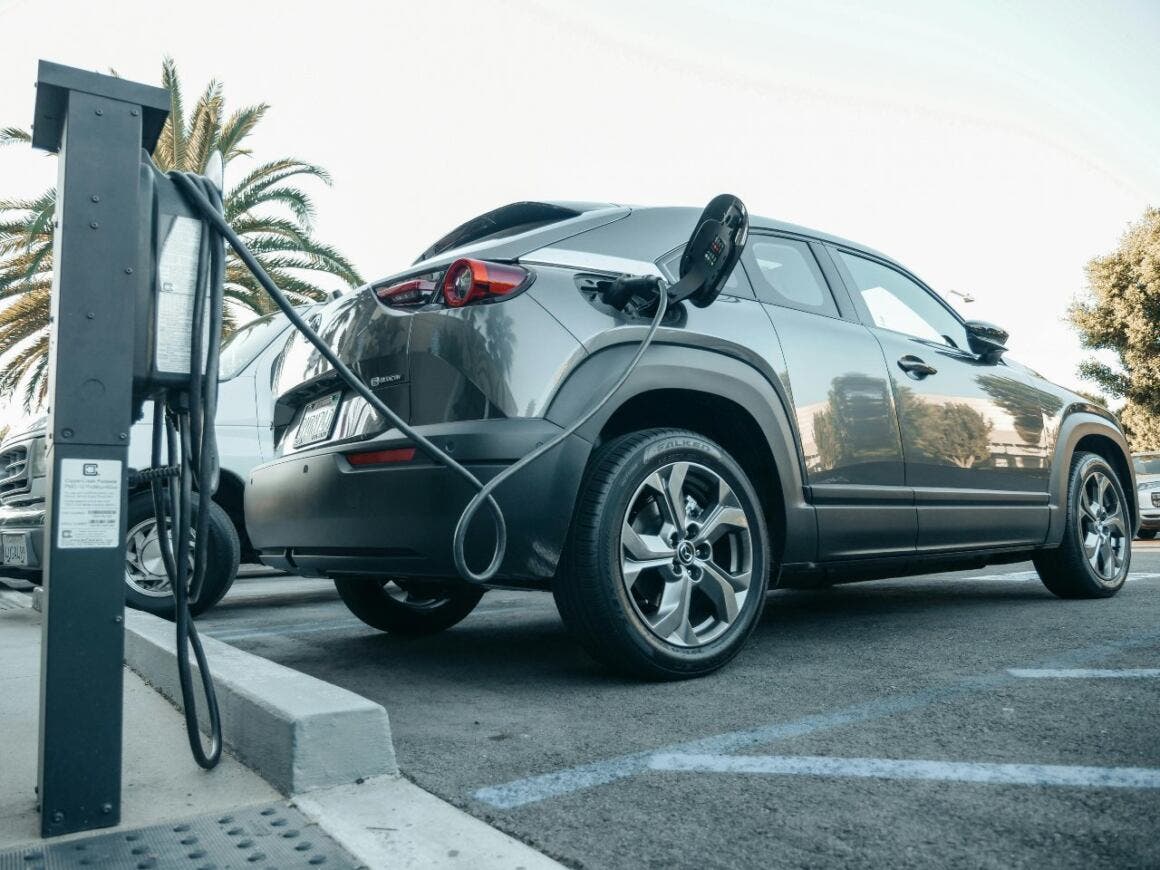Professors Frances Sprei from Chalmers University in Sweden and Willett Kempton from the University of Delaware in the United States conducted a study involving electric vehicle (EV) users from their respective countries. They discovered that many individuals, especially new EV users, struggle with the new technology because they continue to adopt the same habits as their old gasoline or diesel vehicles. These individuals simply check the charge level and look for a charging station only when it’s low, mimicking their behavior at the gas pump. However, they often encounter different station availability and significantly longer charging times. While refueling a gasoline car takes only a few minutes, fast charging an EV can take 30-40 minutes, and slow charging can take several hours.
Optimization and range management: charging strategies of electric vehicle experts
The study also found that experienced EV users adopt broader charging strategies. Some have established routines, such as connecting their vehicle to an AC outlet near their office or while shopping. Some even take their dog for a walk while the car is charging, a task that can be done even when charging isn’t strictly necessary. In essence, charging an electric car during downtime while engaging in other activities alleviates charging anxiety. This approach has been advocated for years and is now supported by the study’s results. Only when embarking on longer trips do users begin to plan to find the most convenient DC charging station along the route. For shorter trips, experienced users assess whether the distance to be traveled is within the available range and charge only if necessary. Users, thus, manage their charging accordingly, without particular stress, charging only when needed or when seeking tranquility or when having other tasks to complete and the car can be left at the charging station.

According to the experience of users who are familiar with electric vehicle use, charging an electric car is considered a practical and routine operation, even if it needs to be done daily. Some have observed that charging is even more convenient than traditional fueling at a gas station, as all that’s needed is to plug in a cable at home to complete the operation. However, it should be noted that this convenience is primarily available to those who have access to private charging facilities.
The study’s analysis suggests that users who attempt to apply the same routines as conventional vehicles to the electric world may be left dissatisfied. It is essential to understand that electric vehicles require a different approach, with advance planning and careful management of charges, especially during longer trips. Range anxiety could lead buyers to opt for vehicles with larger batteries than necessary, thus increasing the weight and overall costs of the vehicle, even though in most cases, the base versions of electric cars are more than sufficient for daily needs.

